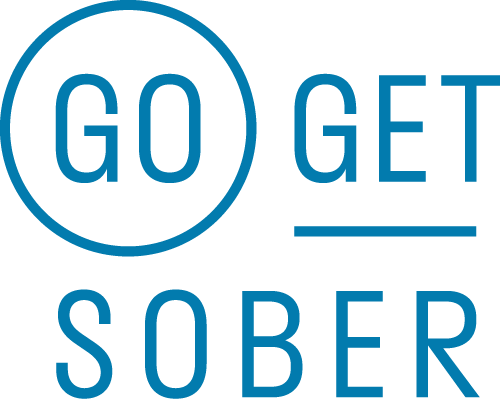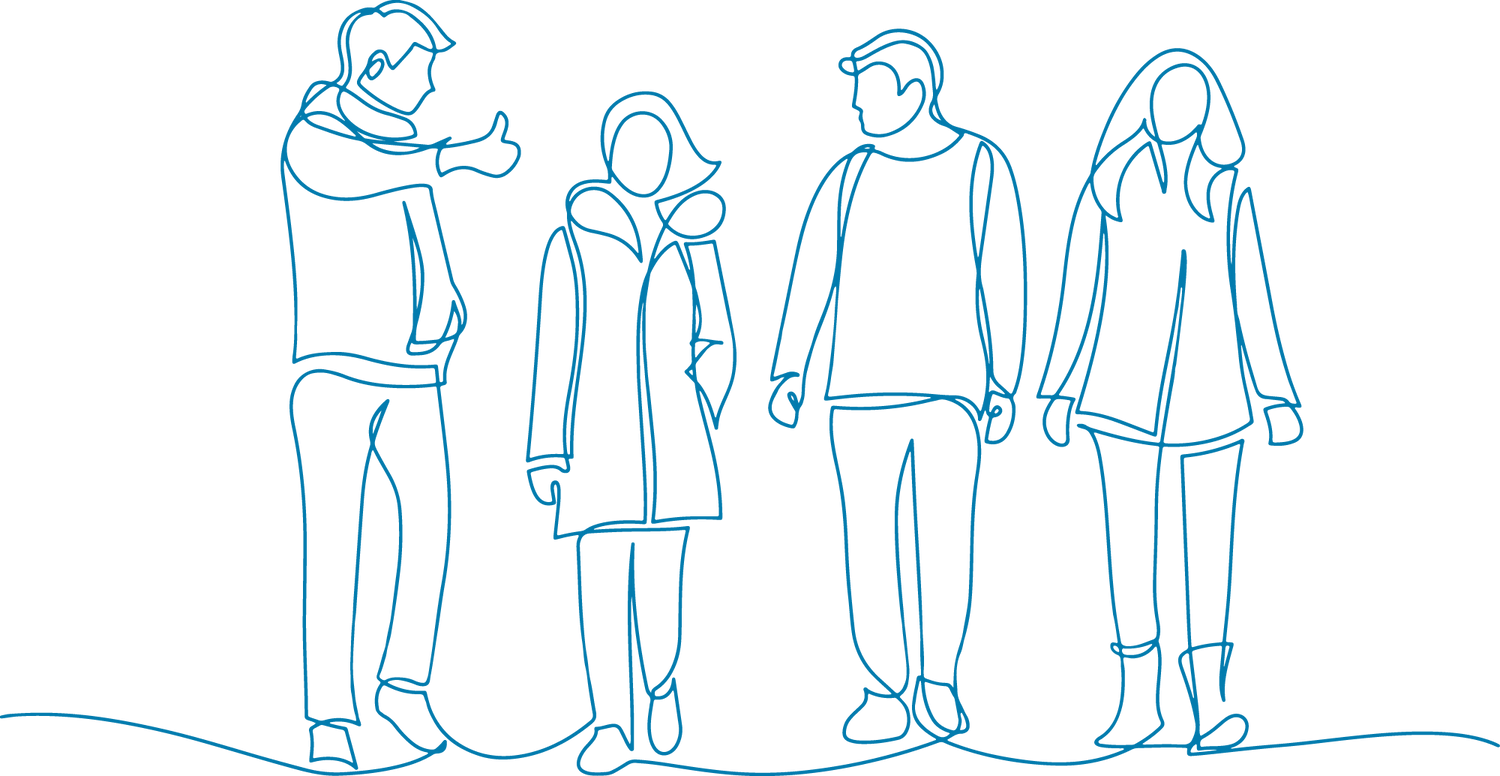Alcohol and Stress
We know that alcohol and stress have a very close relationship. There’s nothing more natural than to reach for a drink when we’re feeling exhausted, anxious or depressed. It’s commonly understood that alcohol reduces stress and most of us know what it feels like to get home after a tough day and to pour ourselves a drink to unwind and relax.
But… if you have an unhealthy relationship with alcohol and regularly drink more than the recommended weekly guidelines of 14 units a week, alcohol can play havoc with your brain’s natural balance of chemicals and processes, leading to higher levels of stress as well as greater dependence on alcohol. (1)
I want to point out here that some level of stress, if it’s temporary and not too intense, is normal, natural and healthy. Stress can be a good motivator and can help us function well under pressure so it’s not a bad thing in itself. It only becomes a problem when it’s ongoing, when it isn’t managed well, when one stress is piled on top of another stress and the severity of the stress keeps increasing with no relief. It’s this unhealthy level of stress that I’m referring to in this article.
The good news is that there are plenty of things you can do to help you deal with stress without drinking – read on for some tips and ideas.
Can Alcohol Reduce Stress?
Absolutely it can.
Alcohol is a depressant and sedative that has an impact on the central nervous system. Many people turn to alcohol for stress relief because it makes them feels better. Or numbs their feelings. Or helps them escape their circling thoughts. Or, helps them to feel calmer. Or, as one woman put it to me:
having a drink gets me out of my head and my head isn’t a great place to be.
Alcohol reduces stress, not only because it has a numbing effect on your central nervous system but also because it raises your blood alcohol content. As blood alcohol content starts to rise and while it’s still at a relatively low level, people feel more relaxed, experience mild euphoria and become less inhibited or shy.
Alcohol also gives us a dopamine hit. Dopamine is a neurotransmitter or “feel-good” chemical in our brains:
It’s part of our reward center, and when our brain produces dopamine in response to what we do, we feel good and want to do more of whatever it is that’s making us feel so mentally healthy. That, in turn, leads to even more dopamine production. (2)
Alcohol stimulates dopamine production and this makes us feel good. The pleasurable feeling we get from having that first couple of drinks, even that first mouthful, masks the stress that we were feeling. We haven’t really dealt with the stress but we’ve plastered over it really effectively.
It’s no wonder that so many of us start to use alcohol regularly as a way of coping with our increasingly busy and demanding lives. Back when I was drinking, I used to count down the hours till 6pm, when I would allow myself my first gin and tonic. That taste of alcohol in my mouth was the signal to my brain to inject some pleasure and relaxation into my system. It was only then that I could start to escape from the stresses and tensions of the day, let myself breathe and forget everything that was troubling me.
Alcohol is great at reducing stress in the moment. It gives us instant gratification and short-term relief but what happens when the instant gratification and relief wears off?
Why Alcohol Can Actually Make Stress Worse
Although alcohol acts like an instant rescue remedy, it’s temporary. Consuming too much alcohol too often leads to an inability to deal with stress effectively. Alcohol interferes with our natural capacity to manage our emotions and balance out our stress levels and can have an adverse effect on our long-term mental health.
A rise in blood alcohol levels leads to fleeting feelings of pleasure, relaxation or excitement but then we can experience depression and anxiety as the alcohol leaves our system and blood alcohol levels drop back down. As a result, you can feel even more stressed and anxious than you were before you started drinking.
Results from research suggest that alcohol is an aggressive stressor and that drinking too much too often in response to stress can also lead to greater dependency on alcohol:
“stress may interact with chronic alcohol exposure and withdrawal in a unique manner to facilitate and further augment escalated drinking in dependent subjects.” (1)
The research also shows that there is a strong link between alcohol and anxiety too.
Over the course of my drinking history, I developed such a tolerance for alcohol that I had to drink more and more of it to feel its sedative and relaxing effects. Because I was using alcohol to run away from all sorts of uncomfortable emotions, including stress, I didn’t give myself a chance to learn effective and healthy ways to manage stress naturally. So, not only was I drinking progressively higher amounts of alcohol, but my stress levels were also greater the following day when I had the trauma of a hangover to cope with, and I was resorting to hair of the dog in order to combat the escalating stress that was the result of my drinking in the first place. This kind of behaviour can quickly turn into a vicious cycle that feels tricky to escape.
It can be helpful to think of our brains as having a natural dopamine (and other feel-good, stress-managing chemicals) factory. This factory produces all the hormones and chemicals we need to effectively manage stress and to help us feel good, positive, energised and happy.
When we drink, we give ourselves an external dopamine hit which is often more pronounced and pleasurable than the naturally-produced dopamine from our in-built factory. The pleasure we experience from this external hit can’t be easily replicated naturally, so we rely more and more on these externally produced dopamine hits from alcohol to mask uncomfortable or distressing emotions. The more we do this, the more our in-built factory starts to shut down because we’re bypassing it with a more powerful external dose of dopamine from the alcohol. (3)
Over time, this factory gets rusty, shuts down completely and stops functioning. So, not only do we experience the extra stress resulting from reduced blood alcohol levels when we stop drinking but we also don’t have our natural feel-good hormones and neurotransmitters helping us out either because that factory has seized up. Our stress levels can be extremely high the day after we have binged or when we first stop drinking as we have no feel-good chemicals helping to balance us and make us feel good. Those in-built factories do eventually start up again after we’ve gone for a long enough period of abstinence from alcohol but we might have to go through a bit of a mental health struggle in the meantime.
The temporary gratification we experience from an alcohol hit can lead to greater stress and poorer mental health in the long-run. Alcohol strips us of our ability to manage stress well, leading to a situation where we’re piling one stress on top of another and getting little relief from it.
How to Deal With Stress Without Drinking
The good news is that there are lots of things we can do to coax that feel-good factory in our brains back to smooth-running and well-oiled life again.
And, doing these things will lead to better, longer-term wellbeing and mental health benefits that help us to experience less stress and to deal with it more effectively when we do. Without having to resort to a single sip of alcohol!
Get Physical
Whether it’s walking the dog, paddle boarding in your local lake or playing football at your local park, building some kind of physical activity into your daily routine helps to boost your feel-good chemicals (endorphins). According to the NHS website:
Research shows that physical activity can also boost self-esteem, mood, sleep quality and energy, as well as reducing your risk of stress, clinical depression, dementia and Alzheimer's disease. (4)
When you’re feeling stressed, exercising might be the last thing you want to do but, when you go ahead and do it anyway, you can end up feeling great. Doing something that’s physically demanding can help to channel your energy and emotions and release pent up stress.
Physical activity can include anything that gets you moving, from light exercise to demanding workouts. If you can find ways of exercising that take you outdoors into the fresh air, that’s even better. Being around nature or water is therapeutic and helps our mental health. Joining a club, group or team is also good – connection with other people also has massive benefits for our mental health and wellbeing.
In fact, physical activity has now been so well-researched and has been found to be so beneficial to overall physical and mental health that it is named as one of the Five Ways to Wellbeing (a blueprint for staying healthy and well that is used in the UK and was researched and developed by the New Economics Foundation). (5)
Relax
The same can be said of activities that help us to slow down and switch off from everything.
Spending time with ourselves and without distractions – being quietly in the moment and emptying our minds of all our worries is a great way of taking control and reducing stress.
This is sometimes referred to as mindfulness.
There are lots of ways you can “do” mindfulness. Some examples are:
- Walking in nature
- Stroking, playing or working with animals
- Listening to music
- Doing a puzzle
- Painting
- Writing
- Meditating
- Mindful breathing
- Reading
- Yoga
Anything that allows you to relax, spend quiet time with yourself and escape the thoughts in your head that might be causing you stress can fit into this category.
Some people also find that sitting quietly and breathing into the stress, allowing it to be there and noticing what physical sensations they’re experiencing helps them to process it. Although this can feel uncomfortable at first, feelings often pass when you sit and allow yourself to feel them.
You can also pay attention to where in your body you can feel the sensation and name what you’re feeling and where you’re feeling it. Usually a wave of feeling, whether it’s stress or anything else, will process itself and move through you within about 20 minutes if you’re sitting with it and allowing it to pass through.
This is sometimes referred to as “riding the wave” and can be used for any triggers that make you want to drink.
Connect with Others
Spending time with people who make you feel good is a great way to bust stress.
People who get you. People who make you laugh so hard you cry. People who don’t judge. People who, when you put down the phone or when you walk away from them, leave you feeling so good that you get self-conscious about the ridiculous smile that keeps creeping into your cheeks. People who listen and hold a safe space for you if you need to cry, vent or rant.
Or, people that share your interests and you can join with to do something fun.
Either way, spending time, conversationally or physically, with the right people who are good for you helps those endorphins flow and helps you feel better.
If you don't have enough of these people in your life, it's a good idea to invest some energy in finding them.
Reflect
Sometimes all we need to do is to get the stress, the thoughts or the worries out of our heads.
We can do this by keeping a journal and writing out how we’re feeling and what we’re thinking. Just the act of taking it out of our heads and putting it onto paper can mean we’re removed from it enough to see things and experience things more objectively and healthily.
It doesn’t have to be pen and paper, it could be a keyboard and screen or it could be that you speak your thoughts into an audio device. People who are artistic might want to draw, paint or create as a way of reflecting and processing. Some people might want to write poetry or songs.
Finding a way that you can reflect and process what’s going on for you can help you to get a more rational and healthy perspective. And that, in turn, can reduce the stress.
Remind yourself it’s all happening perfectly
There have been times in my life when things have seemed less than perfect at best and downright painful at worst.
Like when I was splitting up with my son’s dad and cried and couldn’t sleep or eat properly for weeks. Like when the job I loved was being pulled out from under me because of funding cuts and I stressed and worried and resented for months…
When I was going through these stressful situations, I couldn’t imagine what the end result, what the solution was going to be. I couldn’t imagine a happy future because I was stuck in an unhappy present.
I couldn’t see then that these things that were happening to me were actually gifts. That splitting up with my son’s dad was going to free me up in all sorts of ways and allow me to find better and happier relationships. That leaving the job and the project I loved was going to be a stepping stone into bigger, better and more exciting adventures.
At the time, it just felt horrible.
However, although at the time, I couldn’t see how my life was going to improve after all the pain and trauma of these events, I trusted that it would. I knew, at some deep, instinctive level, that although it seemed imperfect, everything was happening perfectly – just as it should - in order to create the future that is now mine. That these things were happening for a reason that was ultimately going to benefit me.
It can be challenging when you’re going through high levels of stress, through a testing or painful time, and you don’t understand why things are happening the way they are. But, what makes it easier is trusting that it’s all happening perfectly for you – even when it’s stressful. It’s all happening in the way it needs to for the right doors to your future to open up and let you through. You don’t have to know which door or what’s beyond it, you only have to trust that it will open. That you have a purpose and this needs to happen for you to get to where you need to be.
When you realise that it’s all happening perfectly, you gain greater acceptance, calm and positivity and can handle what life throws at you much more easily.
Conclusion
I recommend you have a selection of options from each of these categories at the ready. When you notice that your stress levels are rising beyond what’s healthy for you and you feel triggered to reach for alcohol, you can choose to do one of these options instead.
I know someone who created a “Stress-Busting Bag”, designed small cards with each of his options written on and, whenever he started to feel stressed and wanted a drink, he slipped his hand into the bag, pulled out a card and did that activity instead.
I know someone else who bought a small basket, collected pebbles and painted an option on each pebble. When she felt stressed and triggered to drink, she pulled out a pebble and used that as a prompt for doing something healthier instead.
What one step can you take today to manage stress more effectively without resorting to alcohol?
References:
- Influence of Stress Associated with Chronic Alcohol Exposure on Drinking Howard C. Becker, 2017 Influence of Stress Associated with Chronic Alcohol Exposure on Drinking - PMC (nih.gov)
- What Is Dopamine? (verywellmind.com)
- In the Realm of Hungry Ghosts, Gabor Mate, 2018
- Benefits of exercise - NHS (www.nhs.uk)
- Five ways to wellbeing - Mind



1 comment
This blog post today about stress is so informative and helpful. Thank you for sharing all the different ways to handle those stressful moments. I realize now that I need my “go to activity” when difficult things happen. This past week I had a very difficult work experience and I almost took to drink. If, perhaps I had my “go to activity” I would not have even thought about an alcohol option. Thank you, Jo!